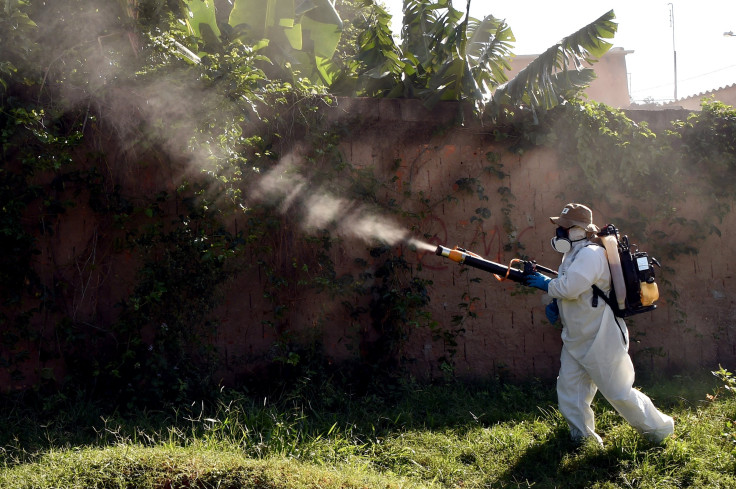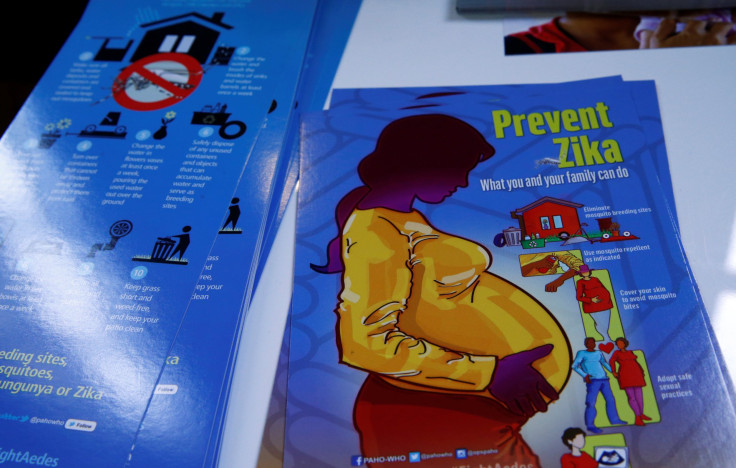Zika Outbreak 2016: World Health Organization Rejects Call To Move Or Postpone Rio Olympics

The World Health Organization (WHO) rejected a call to move or postpone the summer Olympic Games in Rio de Janeiro "in the name of public health" over the Zika outbreak in Brazil. On Friday, more than 100 leading scientists wrote an open letter to WHO, stating new findings about Zika made it "unethical" for the games to go ahead.
"We make this call despite the widespread fatalism that the Rio 2016 Games are inevitable or 'too big to fail,'" the writers said in the letter addressed to WHO Director-General Margaret Chan. "Our greater concern is for global health. The Brazilian strain of Zika virus harms health in ways that science has not observed before."
The letter also reportedly stated that the global health body should revisit its Zika guidance. The WHO declared the Zika outbreak, which has spread across Latin America and in Caribbean nations, an international health emergency on Feb. 1.
In response to the letter, WHO said that moving or postponing the games would "not significantly alter" the spread of the virus, which is linked to serious birth defects, BBC reported.
"People continue to travel between these countries and territories for a variety of reasons. The best way to reduce risk of disease is to follow public health travel advice," the WHO said.

The International Olympic Committee (IOC) also reportedly said that it sees no reason to delay or move the games. The Rio Olympics are due to take place between Aug. 5 and Aug. 21.
On Thursday, the head of the U.S. Centers for Disease Control and Prevention (CDC), whose advice is quoted in the letter, said the Zika threat did not warrant halting the games.
"There is no public health reason to cancel or delay the Olympics," Dr Tom Frieden said, according to BBC.
Zika, which was previously only known to cause moderate cold and flu-like symptoms, is now causing multiple neurological disorders, as well as microcephaly in babies. Microcephaly is a condition that causes babies to be born with abnormally small heads.
The letter sent to WHO is signed by 150 international scientists, doctors and medical ethicists from institutions such as Oxford University, and Harvard and Yale universities in the United States.
"An unnecessary risk is posed when 500,000 foreign tourists from all countries attend the Games, potentially acquire that strain, and return home to places where it can become endemic," the letter said.
© Copyright IBTimes 2025. All rights reserved.






















